- Write by:
-
Tuesday, May 11, 2021 - 14:14:56
-
544 Visit
-
Print
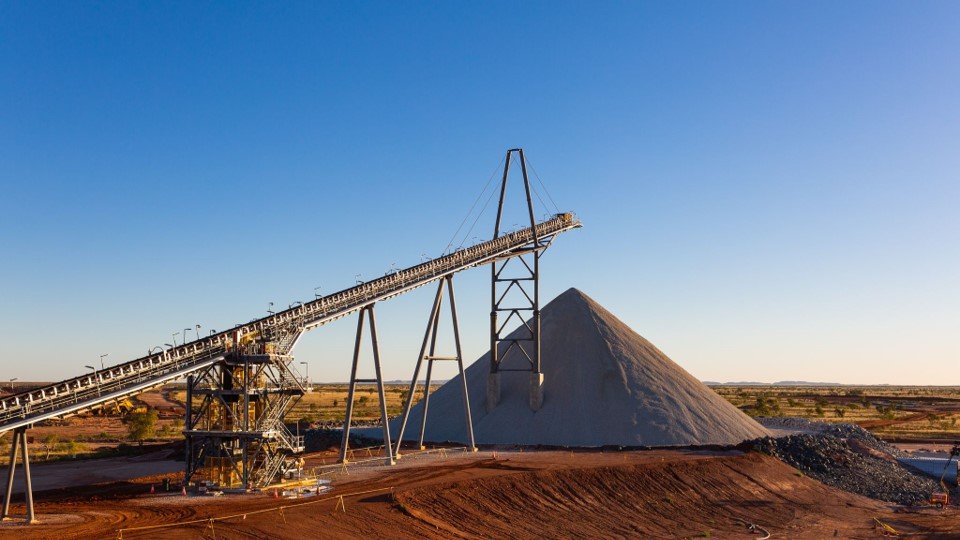
Mining News Pro - Lithium miner Pilbara Minerals has inked a memorandum of understanding (MoU) with technology company Calix to undertake a scoping study to produce a concentrated lithium salt from the Pilgangoora project, in Western Australia.
The scoping study would evaluate a new refining process that would incorporate Calix’s unique calcination technology, using unallocated spodumene concentrate from the Pilgangoora project.
Under the MoU, the two companies would complete the scoping study to jointly develop a demonstration plant at Pilgangoora with a view to negotiating and entering into a joint venture (JV) to build and operate a demonstration plant, and further commercialise the technology development.
The proposed demonstration plant will likely use fine particle, lower-grade spodumene concentrate from the Pilgangoora project and further process it on site with the aim of creating a low-carbon, concentrated lithium salt which could be further refined into lithium battery materials or potentially used as a direct feedstock for lithium iron phosphate (LFP) cathode manufacture.
Pilbara Minerals MD and CEO Ken Brinsden said the spodumene supply chain was ripe for innovation as the industry continues to move through a rapid growth phase and downstream industries look for a lower carbon footprint in end-products.
“At the mine, if we can efficiently calcine a lower-grade spodumene concentrate we should also be able to achieve a higher recovery from the orebody, meaning less mine wastage and lower cost. The opportunity to produce a higher-value product in Australia should also allow us to capture more of the overall value in the new-energy industry as it develops.”
Brinsden said that by shipping a much higher-value lithium concentrate, most of the waste remains and is handled at the mine site, meaning that Pilbara’s customers were not stuck with the cost of shipping or storing this waste, and providing a material reduction in carbon emissions arising from freight.
“By using an electric calciner, the project should be able to connect to renewable power sources, materially lowering the carbon footprint of the hard-rock lithium raw materials supply chain. Carbon emissions reduction is increasingly important for Australian exports and heavy industry more broadly, both to enhance environmental, social and governance (ESG) performance but also to maintain international competitiveness.
“With promising results from the initial testwork, we will now move to a scoping study phase to investigate installing a calciner and a midstream demonstration plant at the Pilgangoora project to allow the processing of fine, low-grade spodumene concentrate to produce a lithium salt material for export overseas.”
Calix MD Phil Hodgson said successful trials over the course of the past nine months have tested spodumene concentrates of different grades and particle sizes.
“This proof-of-concept work demonstrated that the Calix technology was able to achieve more than 95% conversion of the spodumene ore to an extractable lithium, which is comparable to the conventional rotary kiln process, but with fine and lower grade material. Additionally, we carried out these runs on our BATMn electric kiln, providing additional proof-of-concept for the technology to be run off renewable electricity, such as a solar and/or wind farm.
“We look forward to working with Pilbara Minerals on this exciting project for the hard-rock lithium industry, and also other mining and processing companies in other minerals to improve their industrial processes, reduce costs and increase their sustainability,” Hodgson said.
Short Link:
https://www.miningnews.ir/En/News/613451

Chile’s state-run miner Codelco plans to select a partner for a future lithium project in one of the country’s top salt ...

Chile’s SQM called another investors meeting at the request of its second-largest shareholder, Tianqi Lithium Corp., ...
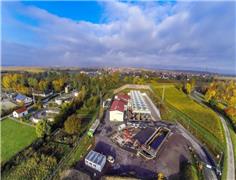
Lithium supplier Vulcan Energy on Wednesday announced the start of production of the first lithium chloride at its ...

A stuttering recovery in lithium prices is providing a fresh reminder of why the dramatic rally of recent years was ...

A US and European Union push to reach an accord on fostering critical mineral supply chains is set to miss another ...
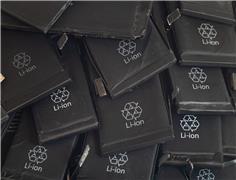
Trading of CME Group Inc.’s nearly three-year-old lithium hydroxide futures contract is soaring, with more funds ...
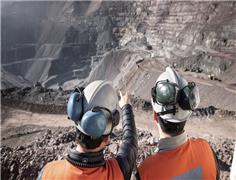
Chile’s mining production is starting to turn the corner after months of a sustained output slump, with the country’s ...
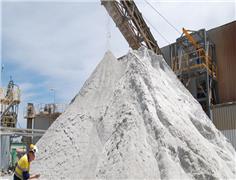
Undeterred by slumping profits, China’s lithium giants are planning to grab a bigger slice of the market.
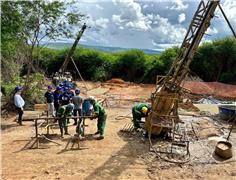
Mitsui & Co said on Thursday it will spend $30 million to take a 12% stake in US-based Atlas Lithium to venture into ...
No comments have been posted yet ...